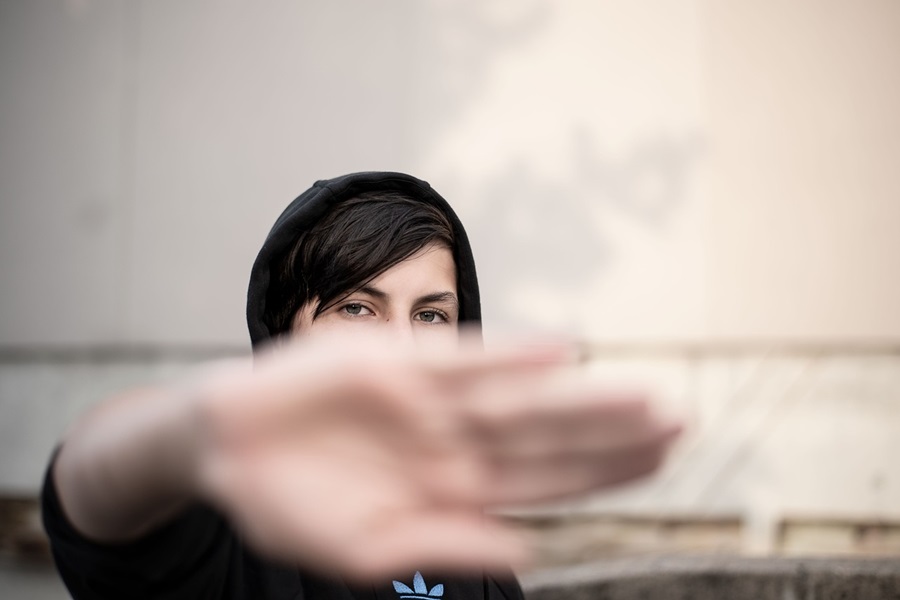- 23 de May de 2025
- No Comment
- 7 minutes read
The Care of Philosophy: A Necessity for the 21st Century

The Care of Philosophy: A Necessity for the 21st Century


It is well known that art is the highest expression of all that is human. Few would question such a profoundly meaningful statement. And yet, one might equally affirm that philosophy is the great representative of human thought. It is the purest branch of reflective thinking — of critique and questioning. Sadly, this affirmation seems increasingly under threat, as evidenced by the steady reduction in classroom hours devoted to it in most schools. Bit by bit, the education system has pushed aside a discipline that teaches us to think, to engage in dialogue, to build arguments, and to understand both the world around us and ourselves.
Fortunately, philosophers do not give up so easily. The fact that, yet again this year, we have been able to hold a Philosophy Olympiad — with philosophy at its heart — is testament to that. This event is not merely a competition; it is a celebration of thought. It is deeply encouraging to witness young people who still wish to know, to learn, to question. As Aristotle wrote in his Metaphysics, “All men by nature desire to know”. And this impulse, however much some may wish to repress it, always re-emerges — for it is part of our essence, part of who we are as rational beings. In a world that moves too fast, where immediacy so often replaces reflection, seeing adolescents eager to philosophise is a light shining in the dark.
It is the minds of adolescents that must carry philosophy forward. They must have the tools to question the madness that surrounds us — a world riddled with contradiction and injustice, flooded with disordered information, so often distorted by social media and so-called artificial intelligences. Philosophy offers them that mental map — a way to orient themselves, to avoid being swept along by simplistic opinions or manipulation. And that is precisely what the Olympiad fosters: a space in which critical thinking can blossom, where reasoned words are valued, where listening and respect for the diversity of ideas take centre stage. Initiatives such as this demonstrate that philosophy not only endures, but continues to inspire young minds — so long as it is given room to grow.
The theme of this year’s Olympiad posed a genuine challenge: care. A word that may seem simple, but carries immense depth. Asking what care is, is no small task — especially in a context in which critical thinking is in decline. And this is no overstatement: the 2022 PISA reports reveal significant deficits in reading comprehension. Roughly 24% of Spanish adolescents do not reach level 2 in this skill, meaning they struggle to identify a text’s main idea or locate specific information within it.
How can we expect to foster better reading comprehension if we do not support the subjects that teach us to read between the lines, to interpret, to reason, to think? Perhaps — just perhaps — this shortcoming is connected to the retreat of a subject that, more than any other, teaches exactly that: to read between the lines, to argue, and to think. I refer, of course, to philosophy, which is becoming less and less present in young people’s academic lives. And that is, truly, a problem. Philosophy cannot be treated as a luxury or a hobby — it is a necessity. We have a duty to preserve it, to care for it, and to ensure it remains alive in our classrooms. For only by thinking better will we be able to live better.
Today, it feels as though we are losing our voice — as though no one wishes to listen. Science is placed at the pinnacle of all knowledge, and poor philosophy is pushed aside — dismissed as something old, useless, and boring. And yet, we continue to fight, and we do not give up. Those of us who love philosophy know that it is a tool of resistance. It is so because reason is like a plant — it must be nurtured. And it is not only our own thinking that must be cared for, but also the understanding that care of the self is inextricably linked to care for others, and care for the environment. For what are we, if not an inseparable part of this world?
One of philosophy’s most essential functions is to pose questions — to challenge what seems obvious, to seek understanding of what surrounds us. This is the attitude we wish to pass on to our young people: to help them look further, to ask questions, and to search for answers. And that is exactly what the Philosophy Olympiad promotes: to think, to debate, to listen, to share. In a word: to philosophise.
The Olympiad is much more than an academic exercise. It is a celebration of thought. A space where students from different regions meet, share concerns, discuss ideas with respect and passion, and understand that thinking is a form of action. To question is not simply to criticise for the sake of it, but to seek to make things better.
And from classrooms across Spain, we continue to nurture this spirit. We continue to encourage our students not to settle, to think critically, to defend values, to look both within and around themselves. For only then will they be able to defend the importance of care in general — and, in particular, the care of that discipline born over two thousand years ago in ancient Greece, which still today, with a fighting spirit, seeks to remain alive: philosophy.
Source: educational EVIDENCE
Rights: Creative Commons

